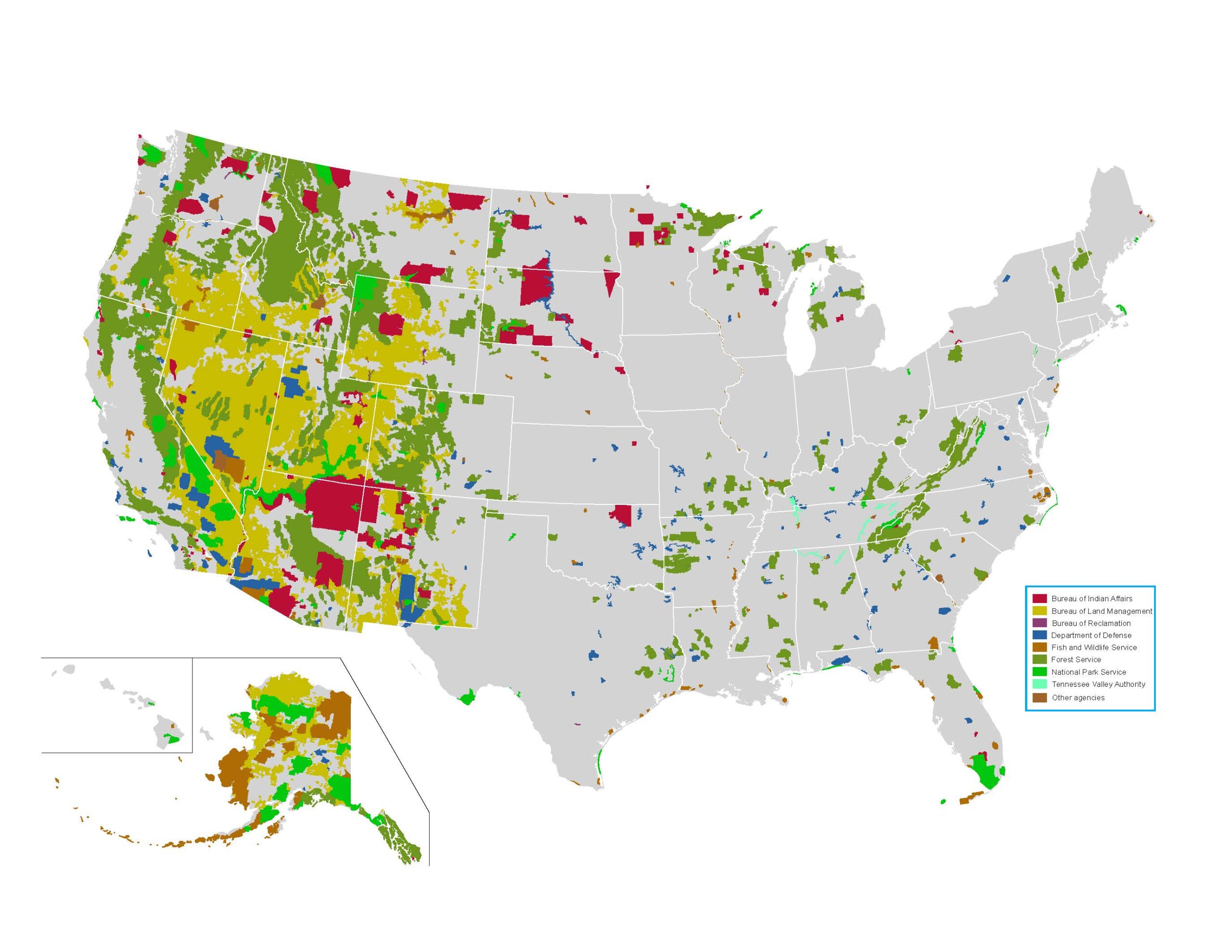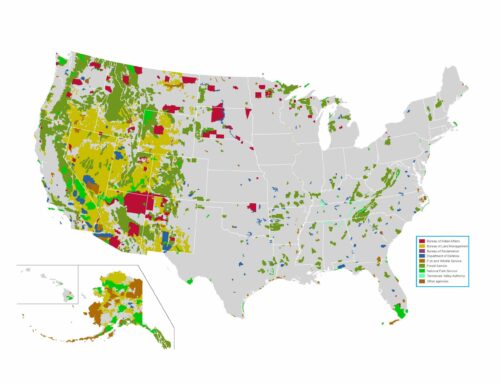by Greg Walcher, E&E Legal Senior Policy Fellow
As appearing in the Daily Sentinel
When I was nominated for Congress some years ago, the management of public lands was a significant campaign issue.
The federal government owns most of the land and resources in Colorado’s 3rd Congressional District, which encompasses most of the Western Slope and southern Colorado. All the major candidates had ideas about how to improve public land management, and it was frequently discussed on the campaign trail by Gregg Rippey, Matt Smith, and me, as well as the eventual winner, John Salazar. We all wanted a more collaborative approach, giving local communities a stronger voice in Congress on these issues.
Today, one wonders whether Congress has anything to do with public land policy. Both Houses have standing committees with jurisdiction over natural resources, and they hold frequent hearings on public lands legislation. Such bills rarely pass in today’s divided Congress, so land managers no longer wait for congressional action on any major initiative. If any new policy suits a president’s agenda — any president of either party — it is simply announced and implemented, by White House executive orders, or directives from department heads and bureau chiefs. It is assumed, nay declared, to be legal whether or not Congress ever created such authority.
That is the reality of today’s federal land management system. It operates by administrative edicts, not laws.






